You know the aisle—chips in shiny plastic bags, candy in glistening wrappers, drinks in the multicolored bottles just waiting to release pent-up carbonation. Delicious as much of our favorite salty and sweet snacks are, unfortunately, nearly all of them are encased in wrappers or containers that will end up piled high at a trash facility or clogging waterways and oceans.
With the realization that we’re not going to stop snacking anytime soon, companies are scrambling to develop sustainable and safe food packaging alternatives.
Dr. Lindleen Mugwagwa, a chemical engineer and postdoctoral fellow at South Africa’s Stellenbosch University Department of Process Engineering has been working on plastic food packaging that is made from wheat straw and mango peel extracts.
In Dr. Mugwagwa’s research, the team set their sights on first creating a product that can easily replace low-density polyethylene plastic film in hopes that this will lead to replacing other types of food packaging.
Not only is the substitute biodegradable, it’s also cheap. This makes it a viable future competitor to traditional plastic in a country where the cost of living is high, but incomes are not.
Over in Portugal, another sustainable plastic wrapping alternative may soon make its way into markets. Three women researchers at the University of Coimbra have developed a food packaging plastic too—but theirs is edible!
Imagine eating a bag of chips and then saving the bag for a snack later!
The developers told the Portugal Resident that they imagine a future where you don’t even have to unwrap a bag of broccoli to cook it, you can just dump the entire thing into a pot because the plastic is safe to eat and also contains nutrients.
More food and zero waste? That sounds like a plan.
While that research remains underway, U.S.-based Danimer Scientific recently announced a partnership with Mars Wrigley.
Over the next two years, Danimer will develop home-friendly compostable packaging for the famous candy makers. And first up is Skittles. Mars expressed excitement about the partnership with Danimer saying it would bring them closer to their vision of a circular economy and halt the enormous amount of packaging waste.
With all this sustainable food packaging coming to market, indulgent snack time will truly be guilt-free!
Check out BIO’s latest report “Biotech Solutions for Climate” which examines the many contributions, including bioplastics, that biotechnology will make to addressing the climate crisis.




.jpg?itok=5epg0qxZ)
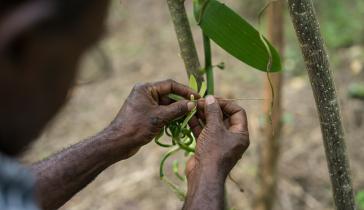

.jpg)
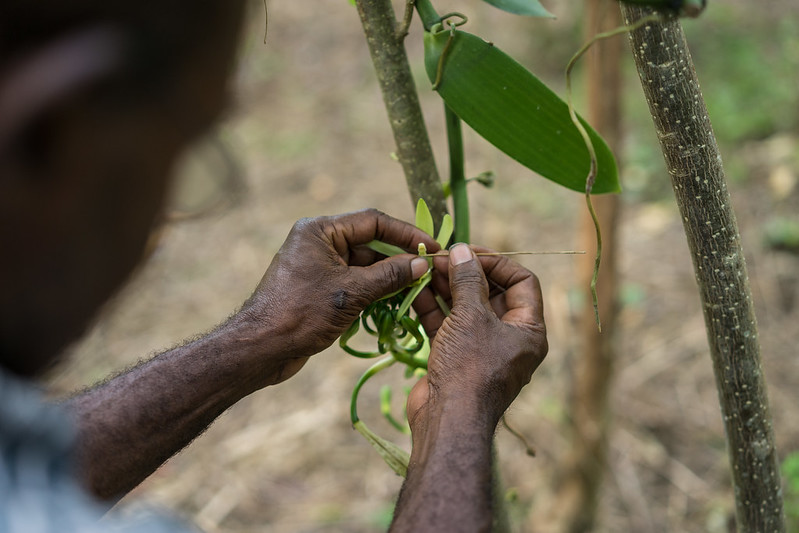
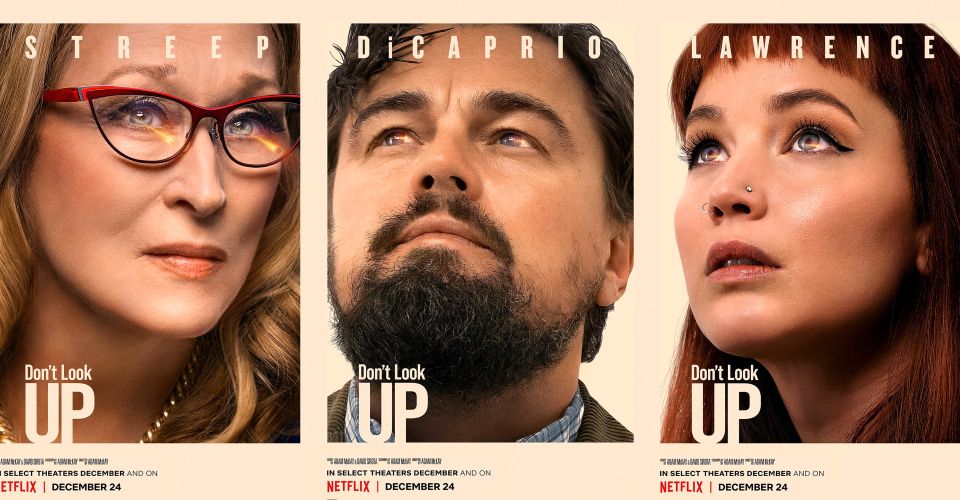
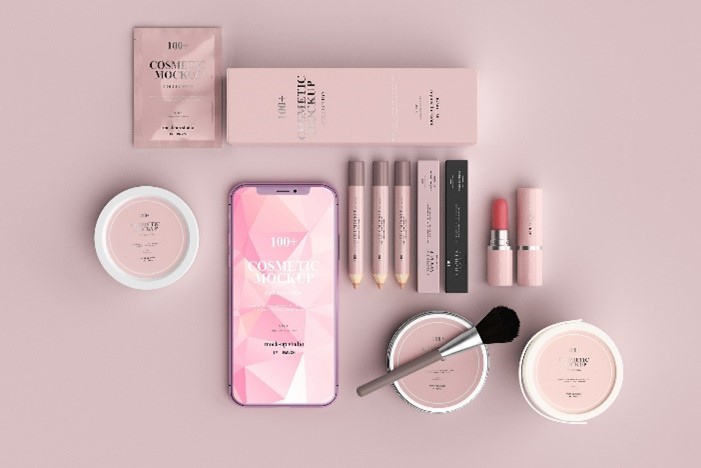

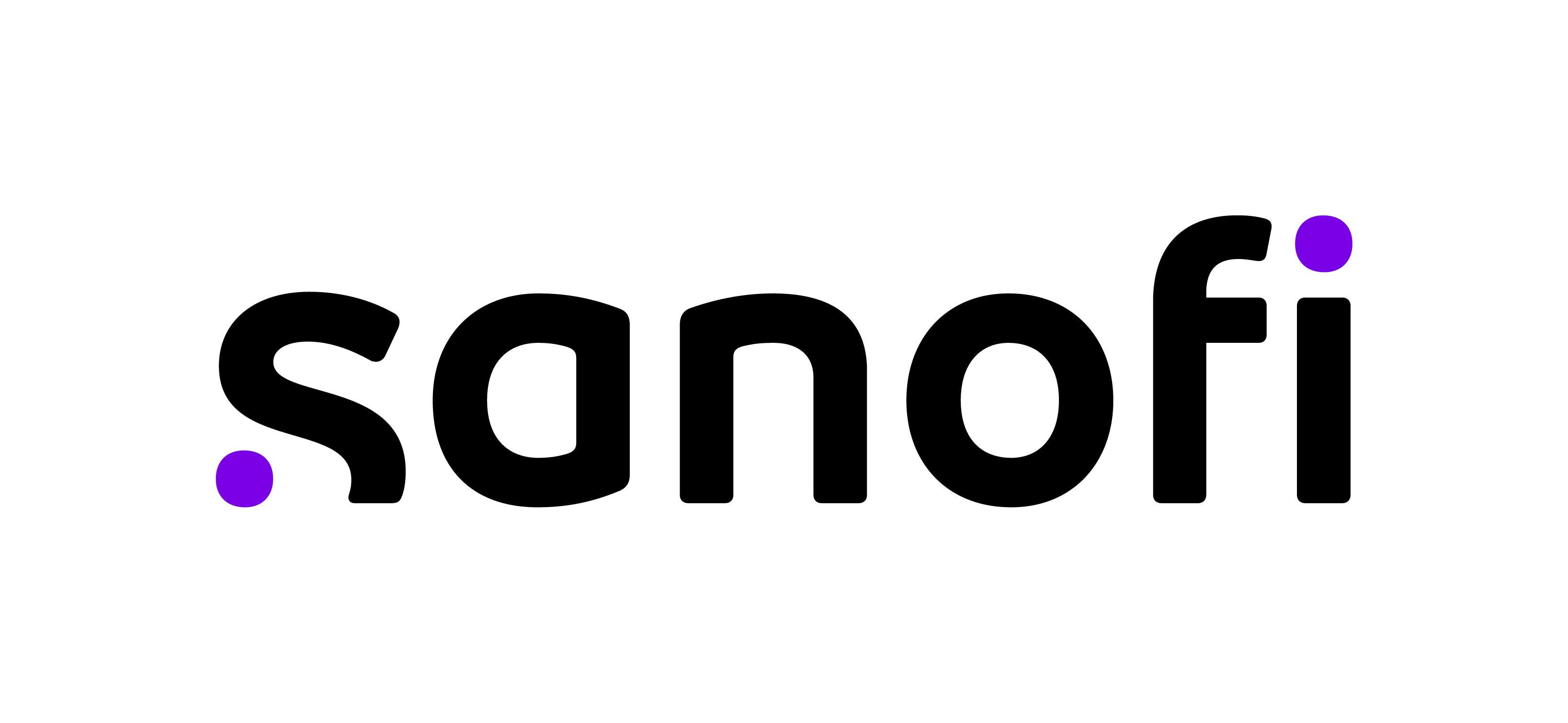






.png)


